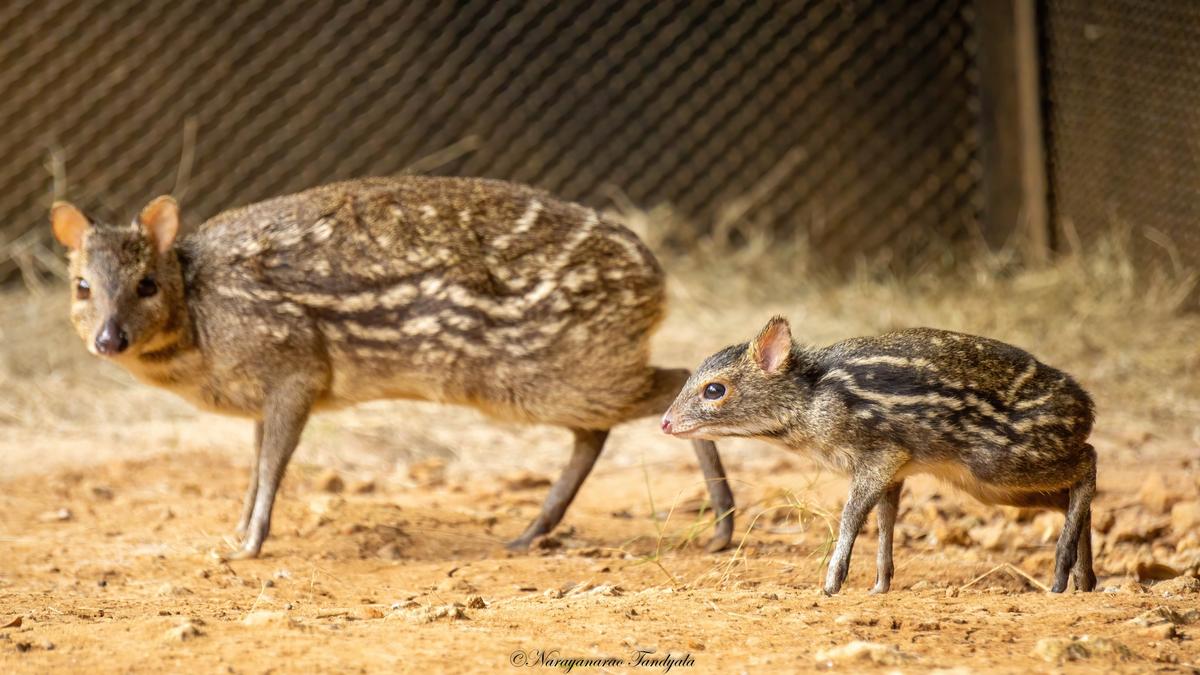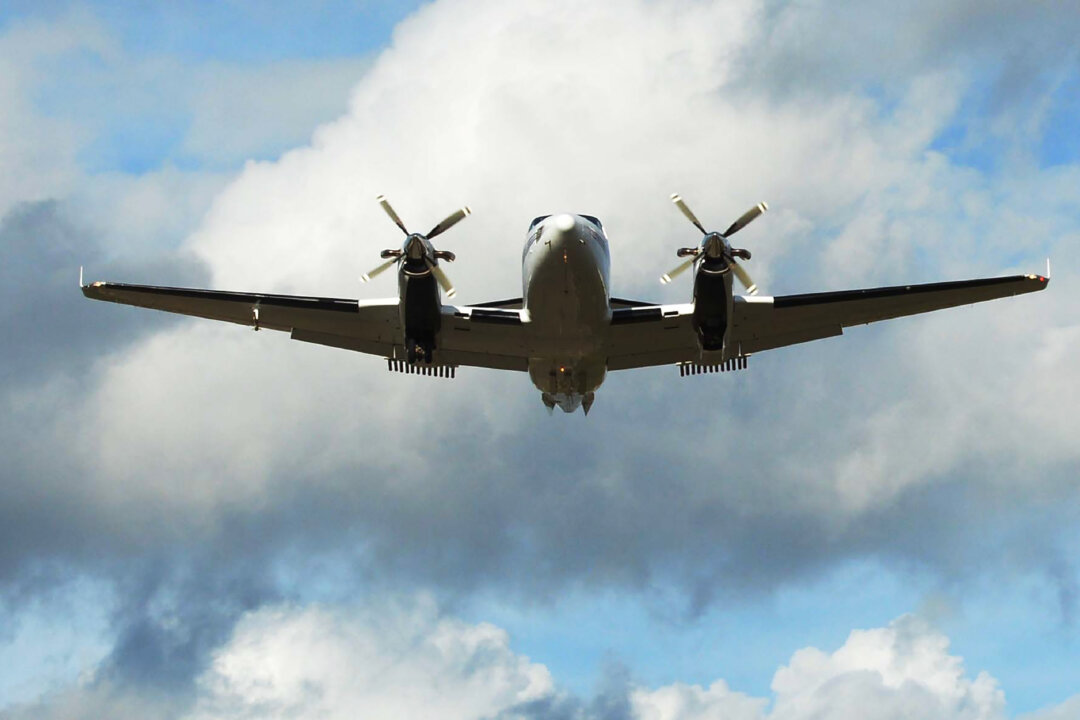Tiny paws are pattering about at the wild dog enclosure, while little hooves are finding their first steps at the Indian gaur section of Indira Gandhi Zoological Park. The green natural premises of the zoo park is alive with the soft bleats, barks, and playful bounds of its newest residents.In a boost to conservation efforts, the zoo has reported the birth of one Indian mouse deer, two barking deer, three nilgai, five sambar deer, seven spotted deer, and nine blackbucks .
These are a part of its ongoing breeding programme for rare and endangered species. This comes shortly after the zoo welcomed 14 wild dog (dhole) pups and an Indian gaur calf, both considered ‘endangered’ by the International Union for Conservation of Nature (IUCN). The Indian mouse deer, one of the tiniest hoofed animals in the world, is barely the size of a housecat, while the barking deer is known for its dog-like alarm calls.

The nilgai and the blackbuck, Andhra Pradesh’s State animal, add strength to the park’s growing family. “These births reflect the success of our scientific breeding, nutritional care, and habitat enrichment programmes,” says zoo curator G Mangamma. All neonates are being closely monitored, with proper immunisation and secure enclosures, she adds.
While some of the shy species are still bonding with their mothers, zoo officials say that visitors can soon witness these new additions frolicking in their enclosures. The dhole puppies, born to healthy breeding pairs at the zoo, are said to be thriving under the care of the mother. The Indian gaur calf, too, is in robust health, closely monitored by zoo staff to ensure it receives optimal care and nutrition.
The successful birth of the dhole pups is especially notable. Known for their elusive nature and complex pack behaviour, dholes are rarely bred in captivity, and their numbers in the wild continue to decline due to habitat loss, human conflict, and lack of prey. Incidentally, the Visakhapatnam zoo was selected by the Central Zoo Authority as the country’s captive breeding centre for the dholes and has succesfully led the project over the years.
Published - April 17, 2025 06:37 pm IST Copy link Email Facebook Twitter Telegram LinkedIn WhatsApp Reddit The Hindu MetroPlus / wildlife.
Environment

Visakhapatnam’s Indira Gandhi Zoological Park welcomes a wave of newborns

The recent animal births at Visakhapatnam’s Indira Gandhi Zoological Park marks a significant achievement in captive conservation efforts















